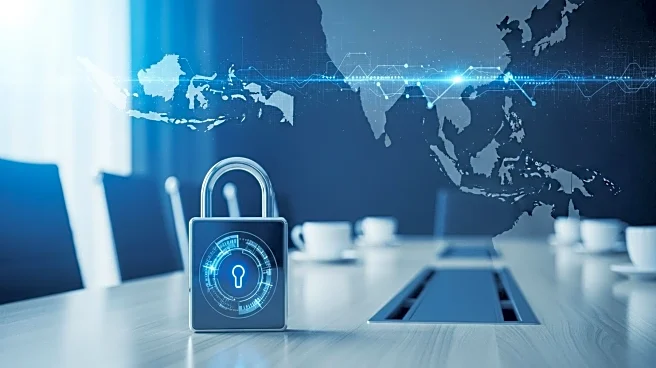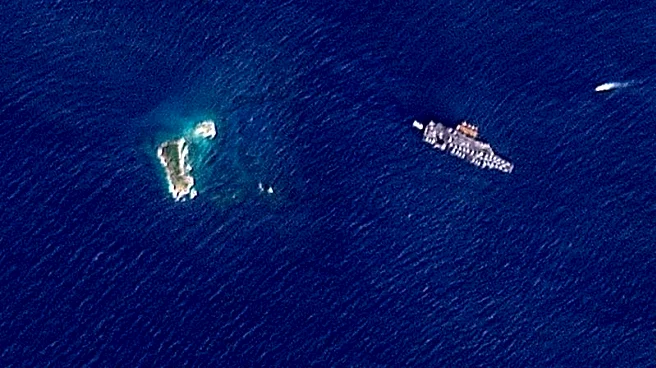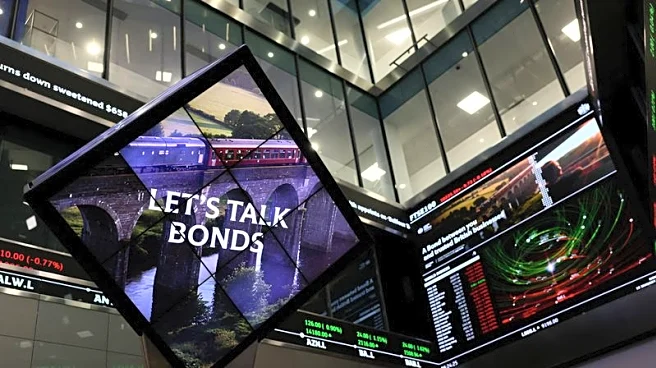What is the story about?
What's Happening?
In a recent CSO ASEAN Executive Session, Michael Montoya, Chief Operating Officer at BlueVoyant, discussed the evolving cybersecurity landscape in Southeast Asia. Montoya, with over 25 years of experience in cybersecurity, highlighted the increasing sophistication of cyber threats, including ransomware, state-sponsored attacks, and third-party breaches. He noted that 81% of organizations surveyed experienced vendor-related incidents in the past year. Montoya emphasized the importance of adopting a Zero Trust architecture and continuous third-party risk monitoring. He also stressed the need for aligning cybersecurity strategies with global standards like NIST and ISO 27001 to navigate the region's diverse regulatory environment. The session also explored the role of AI and machine learning in enhancing both offensive and defensive cyber capabilities, urging organizations to combine AI-driven threat detection with human expertise.
Why It's Important?
The insights shared in the session are crucial for organizations in Southeast Asia, a region experiencing rapid digital growth and increasing cyber threats. The emphasis on Zero Trust architecture and global standards alignment is significant for enhancing cybersecurity resilience. The discussion on AI and machine learning highlights the evolving nature of cyber threats and the need for advanced defense mechanisms. Organizations that effectively implement these strategies can better protect themselves against sophisticated attacks, ensuring operational continuity and regulatory compliance. The session also underscores the importance of public-private collaboration and ongoing cyber education to address the talent gap in the region, which is vital for sustaining long-term cybersecurity efforts.
What's Next?
Organizations in Southeast Asia are expected to increasingly adopt Zero Trust architectures and enhance their third-party risk monitoring practices. There may be a rise in collaborations between public and private sectors to strengthen cybersecurity frameworks. Additionally, as AI and machine learning continue to evolve, companies will likely invest more in these technologies to bolster their cyber defenses. The focus on cybersecurity education and talent development is also expected to grow, addressing the region's skill shortages and preparing a workforce capable of tackling future cyber challenges.
Beyond the Headlines
The session highlights the ethical and strategic implications of using AI in cybersecurity. While AI can significantly enhance threat detection, it also raises concerns about privacy and the potential misuse of technology for malicious purposes. Organizations must balance leveraging AI for security with safeguarding user data and privacy. Furthermore, the emphasis on global standards like NIST and ISO 27001 reflects a broader trend towards international cooperation in cybersecurity, which could lead to more unified and effective global responses to cyber threats.

















